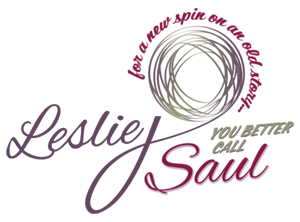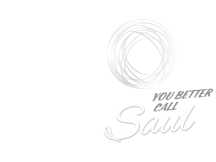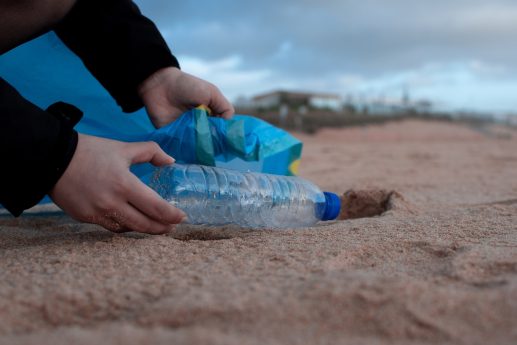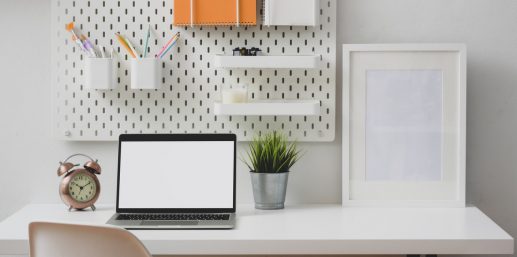Professional Self-Care in the Age of COVID-19
Raise your hand if you’re overwhelmed and not practicing personal or professional self-care.
Workplace pressures were raised to a new level during the pandemic, and the cracks are showing. We’re being asked to work remotely or work in environments that feel risky to our health. Our childcare has disappeared and the gym is closed. Restaurants and movie theaters are shuttered. Museums and libraries are locked down. Friends and coworkers are locked down too – there are no happy hours or evening get-togethers, no play dates, or girls’ nights.
When our self-care outlets are closed off the message becomes: ignore the disruption and do your job. In a previous post, we talked about the self-care steps that can be helpful in maintaining balance in our personal lives. Now, let’s go through 4 helpful tips for self-care during COVID-19 for working folks.
COVID-19 Self-Care Begins with Self-Awareness
Even while at work, it’s important to know what works for your emotional and physical health, and what does not. For example, it may be time to change the corner TV from cable news to a nature channel. Stocking healthy snacks in the fridge and meal planning can assist with the desire to constantly munch (not that there’s anything wrong with that!) We’re all hopeful that things are about to turn around and get better, including work/remote work conditions. But there are things you can do TODAY—right now!—to be proactive.
Volunteering and Charity Work
Foster parent volunteering rates have exploded at animal shelters in recent months, and it isn’t only happening because people are home with more free time. It is also an outpouring of care and kindness—and volunteering creates endorphins. It lowers stress and increases happiness. Even if you get one spare hour a week, use it for an act of kindness and generosity. The science shows volunteering and charity work can be as beneficial to you as to the creature you are helping. That’s a win-win!
Keeping in Touch Virtually
Missing your friends? They are a phone call or video chat away. Using apps such as Kahoot or HouseParty allows you to connect in a way that is lighthearted and fun. Messenger Kids is also a safe platform for your children when they’re missing their pals.
Checking in on your loved ones is reassuring and soothing; ticking the boxes for self-care and caring. It’s one of the great benefits of tech, but there are also drawbacks. Ditch online platforms that make you feel scared, anxious, or overwhelmed, and cut off communicating with toxic people. If it’s not helping you grow it doesn’t need to be a part of your daily routine.
Learning Something New
Speaking of growth, perhaps it’s time to learn a new skill! This should not be something that intimidates—it should excite you. Perhaps there is a language you’ve meant to brush up on for years (and if so, Duolingo is great.) Musical instrument lessons, subscribing to an online course, figuring out how to crochet… these actions also reduce stress and activate the brain’s reward center.
Get Organized
“A clean space promotes a clean mind,” remember that adage? Begin with your workspace and focus on the clutter. Keeping piles of papers and gadgets around promotes distraction and procrastination. In fact, studies show that messes drain our cognitive ability. Work toward a clear desk and an organizing filing system first; plants and soothing imagery is also great. These organizational tasks are calming and aid in overall concentration.
Workplace Self Care After COVID-19
We don’t know what the future will bring, but these four self-care habits can set you up for emotional health and wellness during extended remote work or even a return to a crowded office. It’s a cliche, but it is true that we likely will never return to “normal” again. It’s to our benefit to do what we can right now and turn it into the new normal. The good news is that you are a flexible, creative being who is constantly learning and capable of adjustment. Click here to request an in-depth conversation about your goals for professional and executive growth.
Read part one of this COVID-19 self-care series here.
TABLE OF CONTENTS

